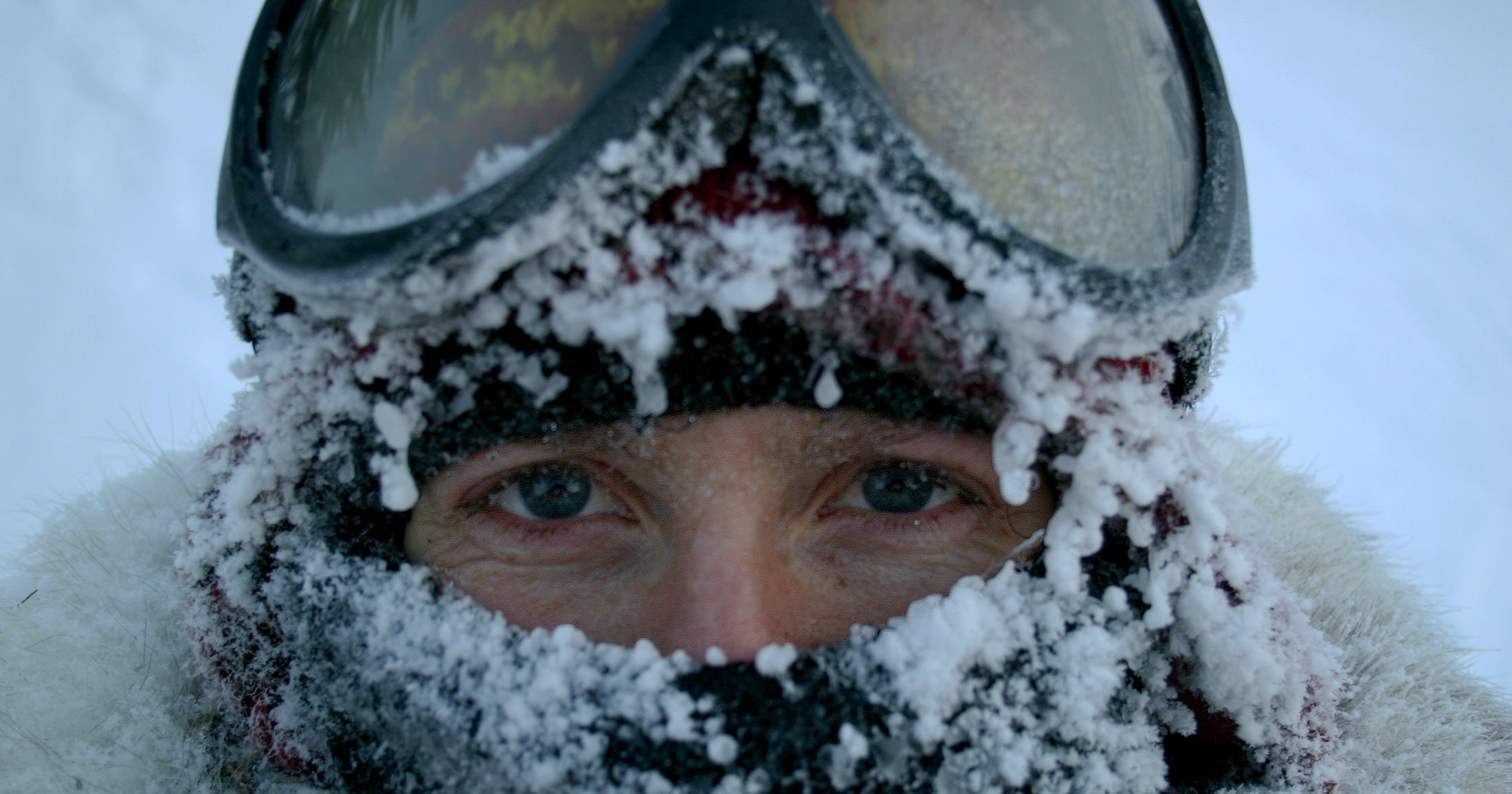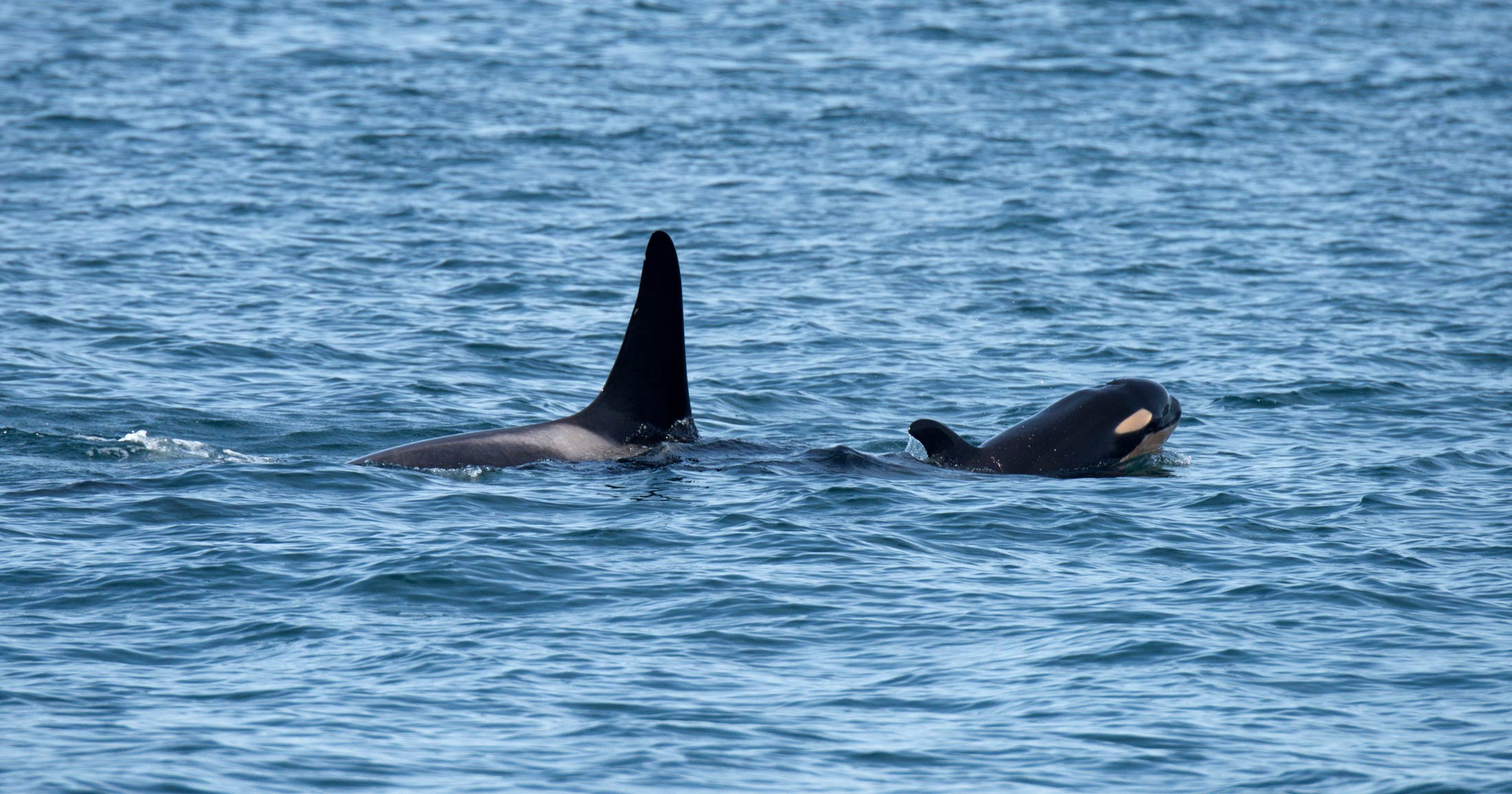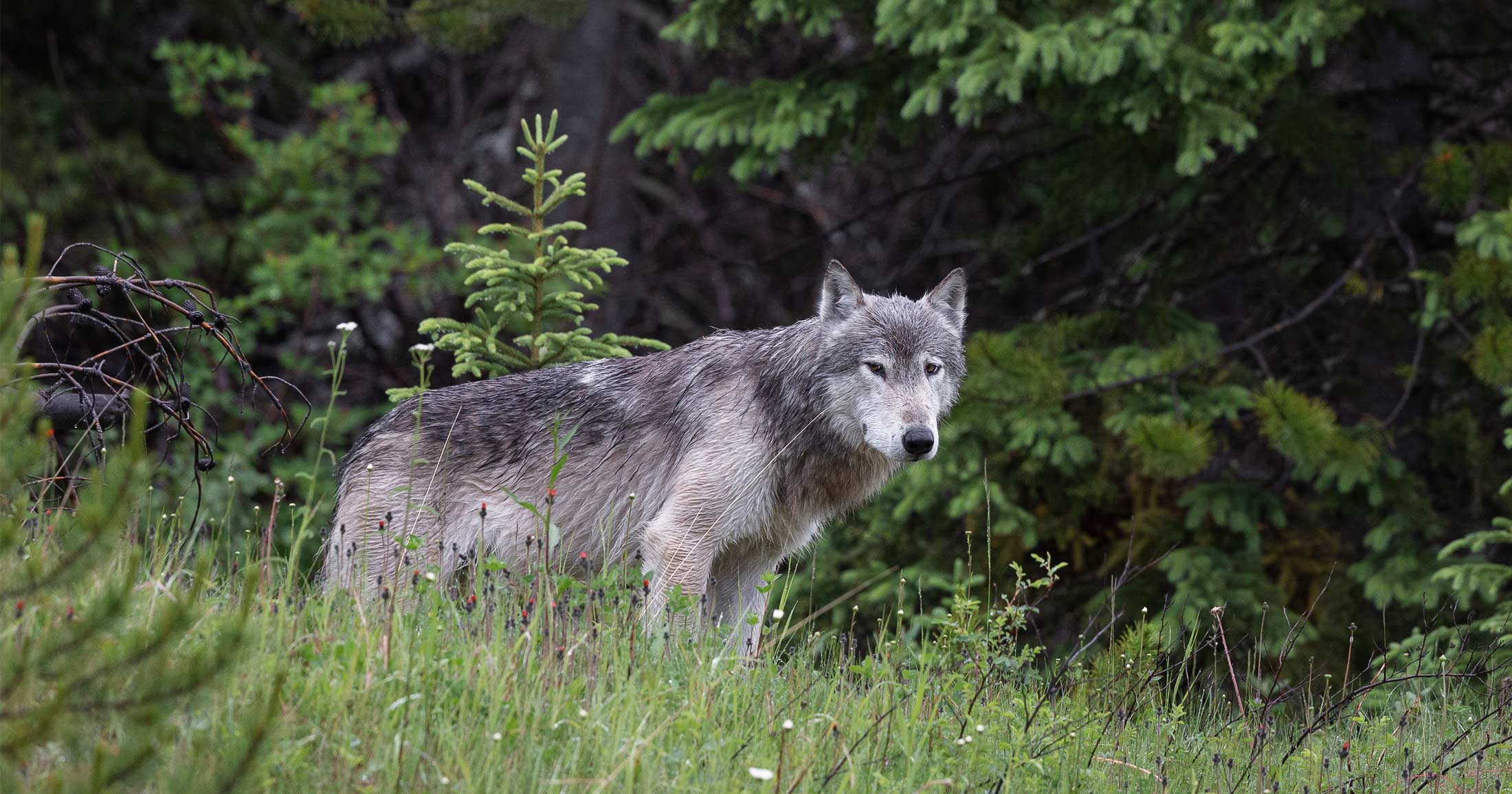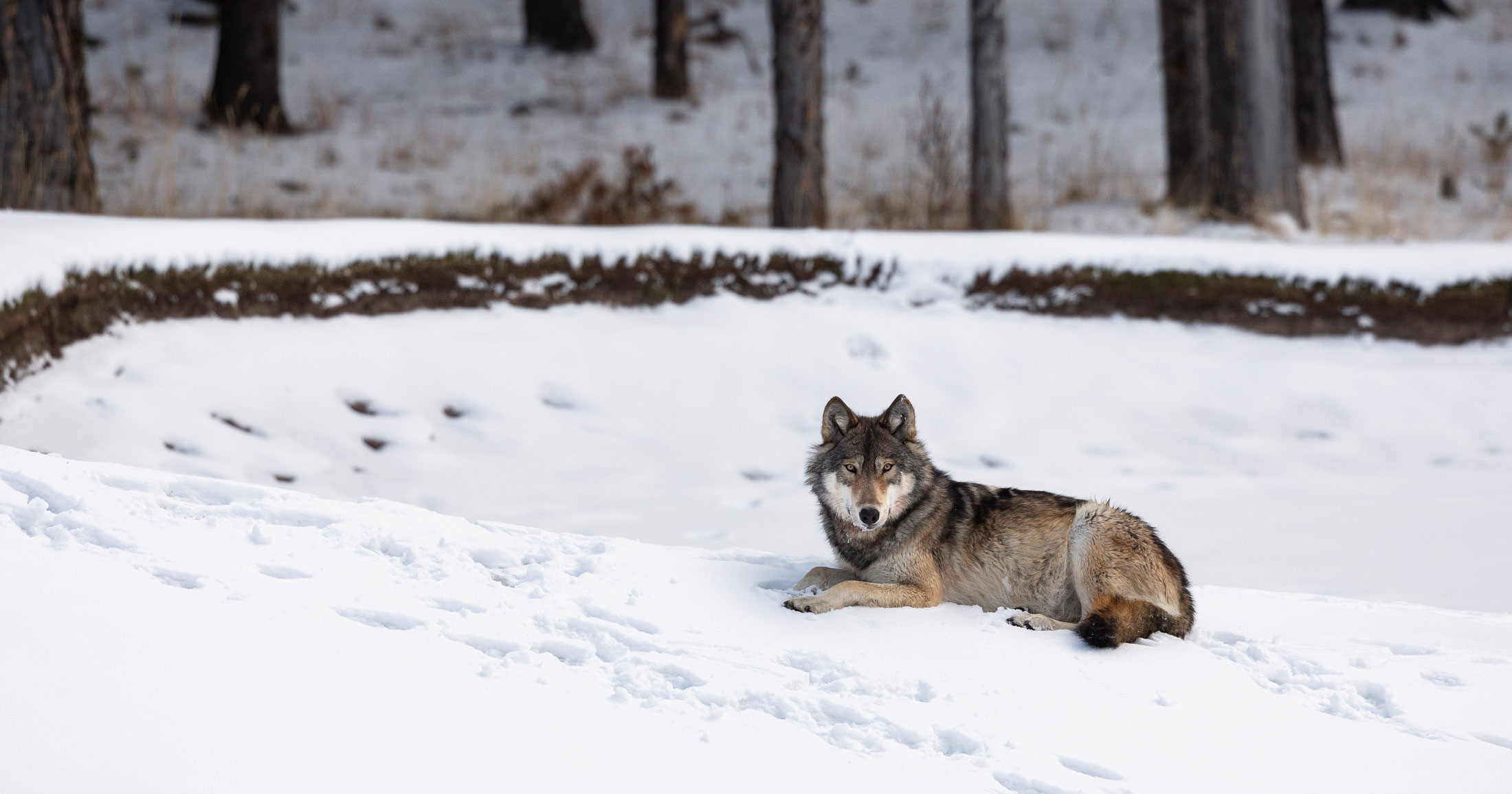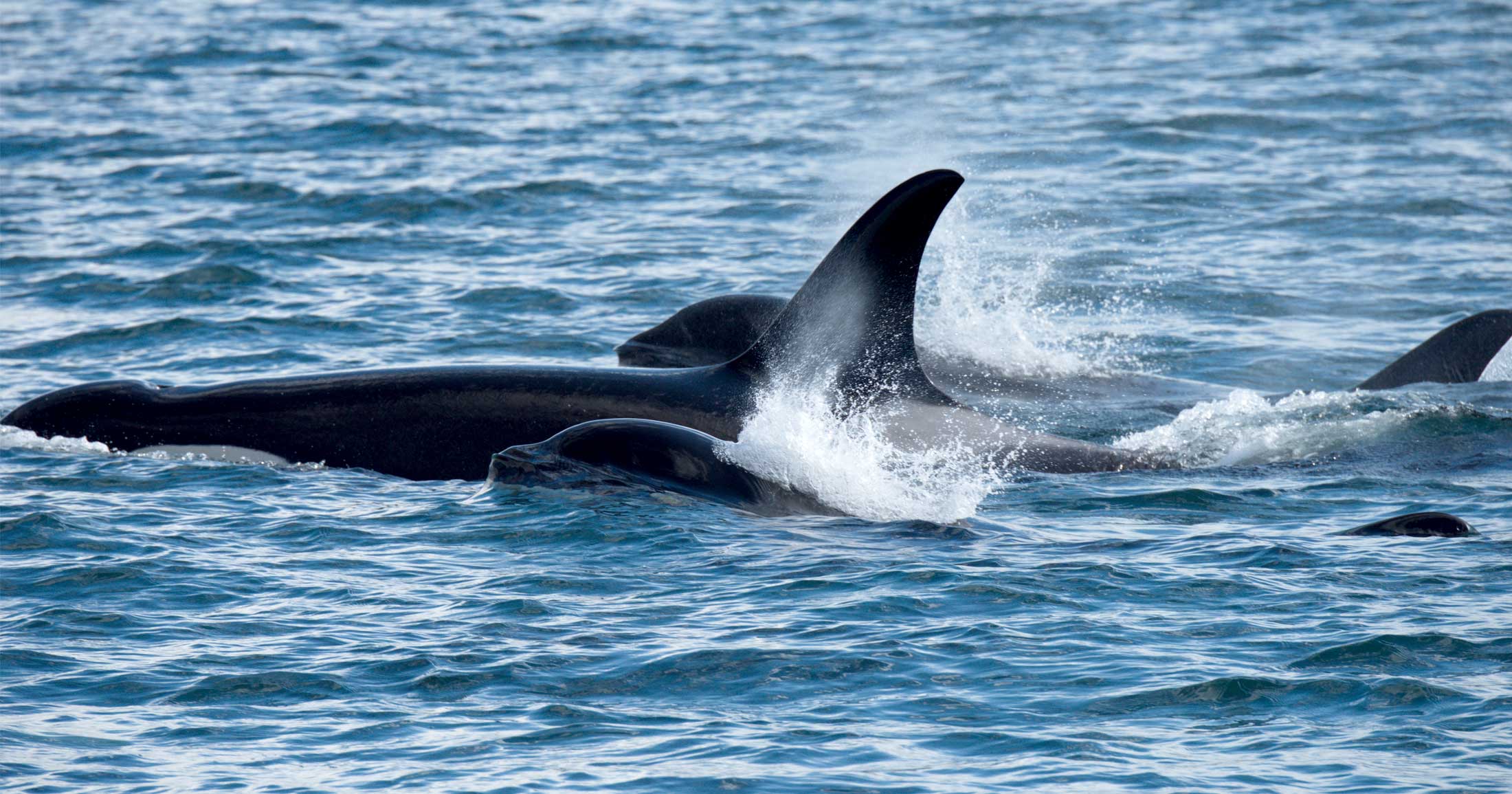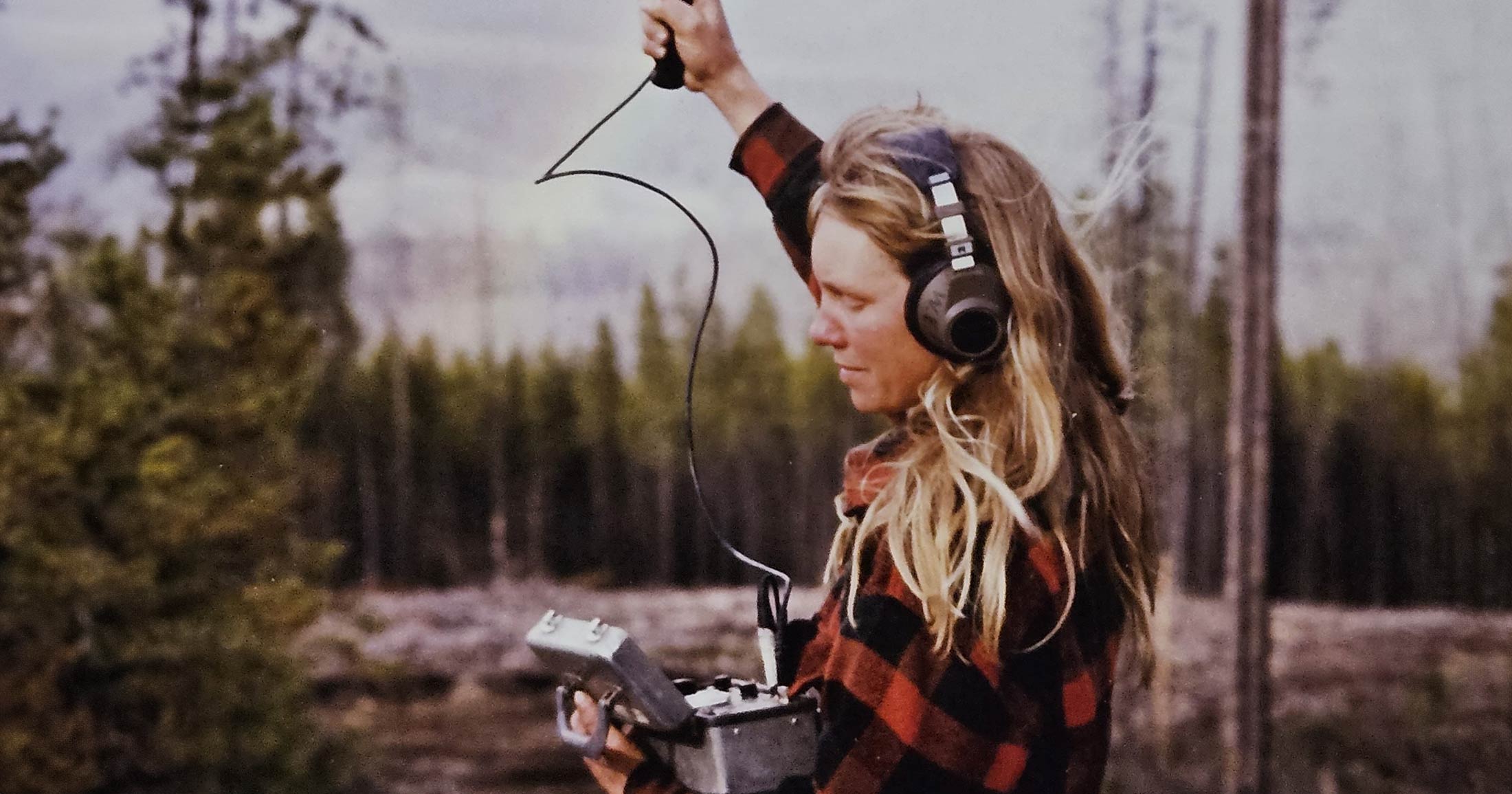Column misses point, B.C. lacks endangered species legislation
Victoria News
July 30, 2008
by Chris Genovali
Re: “Protecting species is everyone’s job” (Tom Fletcher, July 16)
The article’s argument that the B.C. government’s “advertising for more people to visit parks and get out fishing … might be more important to biodiversity than difficult-to-enforce endangered species laws” is facile at best.
Yes, it is a positive thing to motivate the citizenry to get outdoors and experience this province’s spectacular wilderness areas, but to suggest that increased park visitation is an ample substitute for legislation to protect species is wildly off-base.
The BC government, the resource extraction industries, the sport hunting lobby and the IWA have fought tooth-and-nail for years to impede and prevent legislation to protect species from being introduced. Illustrating the extreme degree the province has gone in their obstructionism, at one point the government preposterously argued that the late, not so great, Forest Practices Code obviated the need for legislation to protect species.
It’s been an uphill battle, the upshot being that B.C., along with Alberta, continues to be the only province in Canada without a law to protect its threatened and endangered wildlife.
One point the article was spot on about is the negative influence on species and their habitats that will accompany escalating climate change.
Heretofore the impacts associated with future conditions as a result of climate change have not been factored into land-use planning processes anywhere in the province.
That gaping oversight needs to be addressed starting immediately as existing land use planning decisions will likely need to be modified in order to accommodate the climate change “elephant in the room.”
Chris Genovali,
Executive Director,
Raincoast Conservation
Sidney
You can help
Raincoast’s in-house scientists, collaborating graduate students, postdoctoral fellows, and professors make us unique among conservation groups. We work with First Nations, academic institutions, government, and other NGOs to build support and inform decisions that protect aquatic and terrestrial ecosystems, and the wildlife that depend on them. We conduct ethically applied, process-oriented, and hypothesis-driven research that has immediate and relevant utility for conservation deliberations and the collective body of scientific knowledge.
We investigate to understand coastal species and processes. We inform by bringing science to decision-makers and communities. We inspire action to protect wildlife and wildlife habitats.


